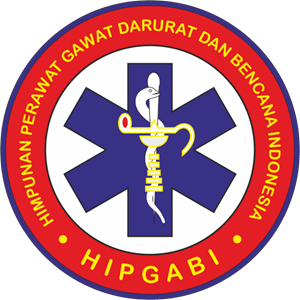Nursing Care For Families With A Deficit Of Hypertension-Related Knowledge At The Surabaya Health Centers Working Area : A Case Study
Downloads
Introduction: Hypertension is the main cause of death worldwide, this condition continues to increase from year to year related to cardiovascular and kidney disease. The purpose of this case study is to explain how nursing care is given to families with knowledge deficits about hypertension at the Surabaya Health Center.
Methods: This case study uses a single case study design with a sample of families with knowledge deficits in hypertension. Data were collected by primary methods, namely interviews with families and secondary methods, namely conducting physical assessments. The intervention carried out was health education in accordance with the Indonesian Nursing Diagnosis Standards which was carried out for 7 days.
Results: After the family was given hypertension health education interventions and hypertension exercises, the family experienced an increase in knowledge related to hypertension with a pre-test score of 2 to a post-test score of 10. The family was able to control their diet and was committed to having their health checked regularly, and the family was able to carry out activities. physical exercise with hypertension independently at home.
Conclusion: The results of the evaluation are that there is an increase in the level of knowledge in the family and able to carry out healthy lifestyle management by controlling diet, doing hypertension exercises independently at home and committed to carrying out regular health checks. It is expected that health workers will socialize and train the skills of implementing hypertension gymnastics so that they can carry out the management of patients who experience hypertension by means of non-pharmacological management to control blood pressure in hypertensive patients
Copyright (c) 2023 Ardhiyeni Hesti Oktavia, Joni Haryanto, Ferry Efendi

This work is licensed under a Creative Commons Attribution 4.0 International License.
1. The journal allows the author to hold the copyright of the article without restrictions.
2. The journal allows the author(s) to retain publishing rights without restrictions.
3. The legal formal aspect of journal publication accessibility refers to Creative Commons Attribution (CC BY).

















